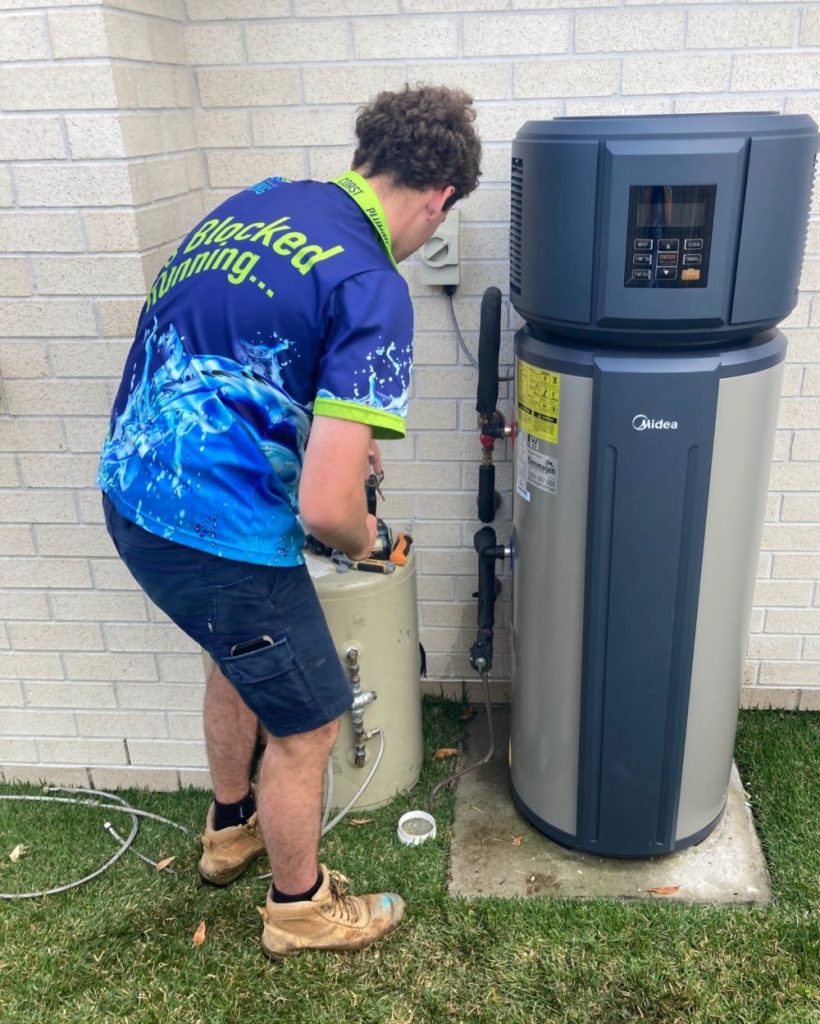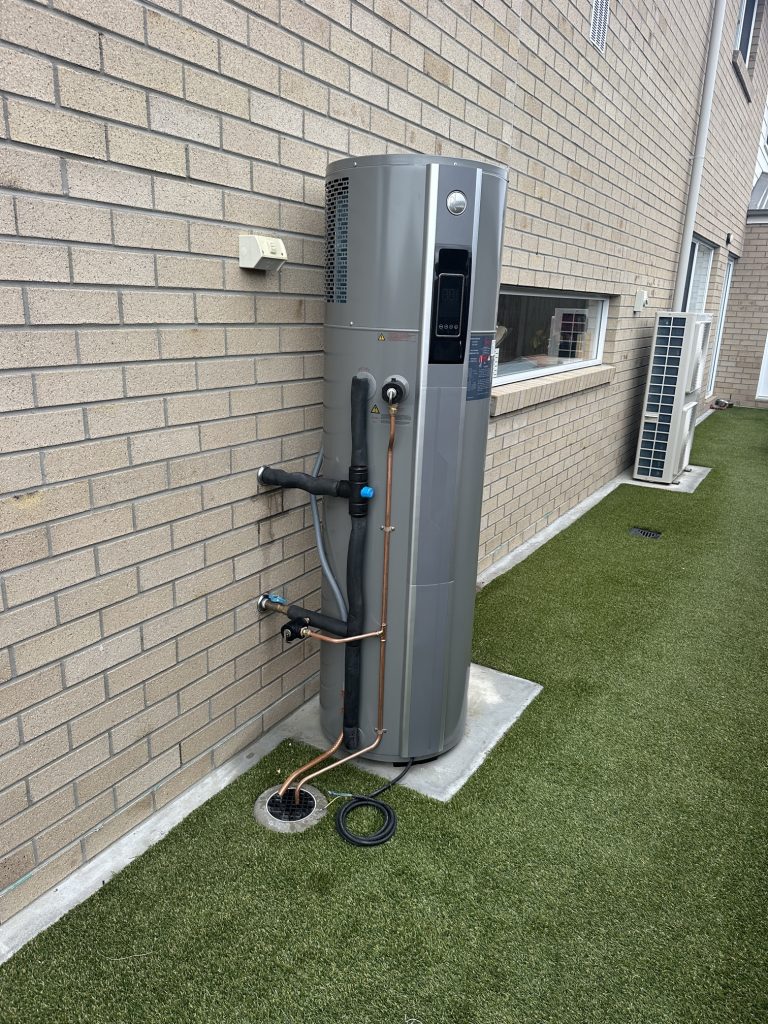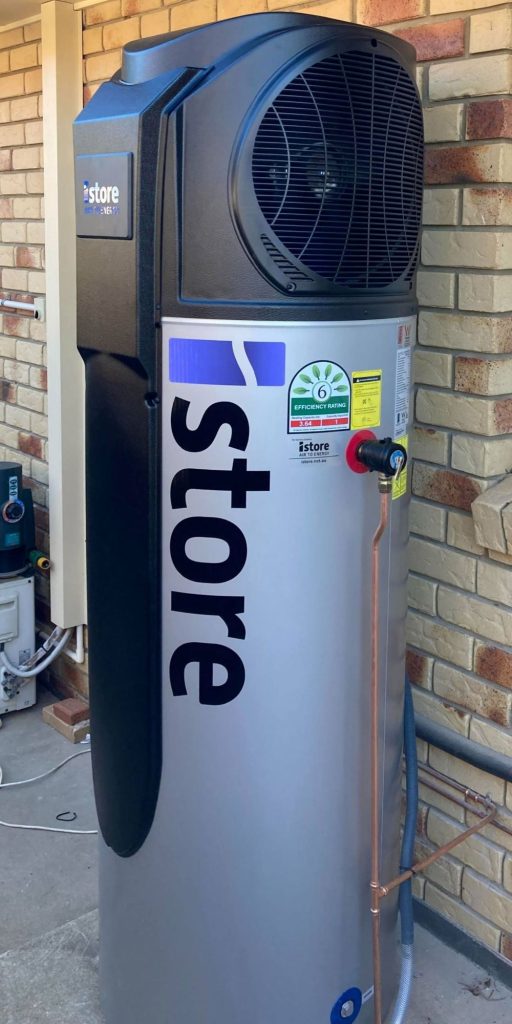Understanding the Unique Challenges of Selecting Hot Water Systems for Queensland’s Climate
Choosing the ideal hot water system for your home in Queensland goes far beyond merely deciding on a brand or assessing the water capacity. It requires a thorough understanding of various factors, including the local climate, humidity levels, electricity tariffs, and your household’s specific daily water consumption patterns. As energy prices continue to rise, many households are increasingly opting for heat pumps due to their energy efficiency and environmentally friendly design. However, it’s essential to recognize that these systems may not be suitable for every type of property. A careful assessment of all contributing elements is vital to ensure that you choose the most effective and durable hot water solution for your needs.
This article will delve deep into the workings of heat pumps, exploring how they thrive in Queensland’s variable weather conditions. We will identify which types of homes benefit most from these cutting-edge systems and debunk common myths that might lead to subpar performance or incorrect system selections.

Enhancing Heat Pump Efficiency for Coastal Queensland Environments
Heat pump water heaters operate by drawing thermal energy from the surrounding air. Their efficiency noticeably increases as the air temperature rises. In coastal regions of Queensland, particularly in well-known areas such as the Sunshine Coast, Brisbane, and the Fraser Coast, average air temperatures typically remain above 5°C even throughout winter. This consistent warmth enables heat pumps to operate effectively all year round without requiring electric boosting or additional heating elements, which are often needed in cooler climates. By harnessing this natural energy, homeowners can significantly reduce their energy bills and lower their carbon footprint.
Essential Environmental Factors that Enhance Heat Pump Performance
| Factor | Impact on Heat Pump Functionality | Coastal QLD Efficiency |
|---|---|---|
| Average ambient temperature | Higher = more efficient operation | ✓ Consistently maintained above 5°C |
| Humidity levels | Moderate improvements | ✓ Generally high and stable |
| Access to off-peak electricity | Lower operational costs | ✓ Widely available in most regions |
| Roof shading | Not a significant factor | ✓ No detrimental impact on system |
| Direct sunlight exposure | Not a necessity | ✓ Functions well in shaded conditions |
Identifying Scenarios Where Heat Pumps May Underperform
While heat pumps offer numerous advantages, there are specific circumstances in Queensland where their performance may not meet expectations:
- Inland or elevated regions
In locations such as Toowoomba or the Hinterland, overnight temperatures can drop significantly during winter months. In these cases, certain models of heat pumps may find it challenging to maintain optimal efficiency without additional support from a booster element, resulting in increased energy consumption and costs. - Restricted or poorly ventilated outdoor spaces
Heat pumps require adequate airflow around their compressor units to operate efficiently. In confined or enclosed environments, the efficiency of heat extraction may decline, which can lead to increased operational noise and potential disturbances for the residents. - Large households with substantial water demand
In homes with more than six occupants, systems designed for greater water storage or faster recovery times, such as solar-boosted gas systems, may provide a more effective solution for efficiently meeting high hot water needs.
Dispelling Common Misconceptions About Heat Pumps in Queensland
“They are ineffective during winter.”
This misconception may hold true in colder southern climates but is not accurate for Queensland. In regions where average temperatures consistently exceed 5°C, heat pumps maintain their efficiency throughout winter, consistently providing reliable hot water solutions even during the cooler months.
“Solar panels are a requirement for heat pumps to function.”
This statement is misleading. Heat pumps can operate independently of solar photovoltaic (PV) systems; however, combining them with solar energy can further enhance your energy savings and promote sustainability.
“Heat pumps are excessively noisy and disruptive.”
Modern heat pump systems are designed to be significantly quieter than older models. When installed correctly in well-ventilated areas, the noise generated from the compressor unit is typically minimal, ensuring a comfortable living environment for residents.
Effective Strategies for Optimizing Heat Pump Installation and Performance Across Queensland
- Select a system designed for Australian conditions
Opt for models that feature high-efficiency ratings and dependable local support, such as istore or Stiebel Eltron, both renowned for their exceptional performance in the Australian climate. - Install in a well-ventilated yet shaded area
While heat pumps do not require direct sunlight, they necessitate adequate airflow around the unit to operate efficiently and effectively. - Implement timers or smart controls
By programming the system to function during periods of solar power generation or off-peak electricity hours, you can substantially enhance energy savings and minimize costs. - Choose the correctly sized system
A capacity of 250–300 litres is generally sufficient for the requirements of most families. An undersized system can lead to performance issues and increased reliance on boosting mechanisms, raising energy consumption.
The Critical Importance of Local Expertise for Successful Heat Pump Installation
Installing a heat pump requires a tailored approach to achieve optimal results. The best outcomes are achieved by working with a local plumber who understands:
- Performance adaptations for local climate conditions, ensuring maximum efficiency
- Eligibility for rebates such as Small-scale Technology Certificates (STCs) and various Queensland government incentives designed to promote energy efficiency
- Optimal positioning and ventilation techniques for the unit to enhance operational performance
- Integration with solar PV systems or battery storage solutions, when applicable, to maximize energy efficiency
At Creek to Coast Plumbing, we specialize in providing and installing high-performance hot water systems, including heat pumps, throughout the Sunshine Coast and Moreton Bay regions. Our dedicated team is committed to helping you identify which type of hot water service will best meet your needs. As the demand for energy-efficient hot water options continues to grow, many individuals find themselves comparing solar solutions with heat pumps. We will evaluate the unique conditions of your home, recommend the most suitable system, and ensure that you are equipped for maximum efficiency.
Discover more about our Heat Pump Hot Water Installations or contact us for a personalized recommendation tailored to your specific requirements.
The Article: Heat Pumps in Queensland: Effective Solutions and Pitfalls first appeared on https://writebuff.com
The Article Heat Pumps in Queensland: Benefits and Challenges Explained Was Found On https://limitsofstrategy.com







No responses yet